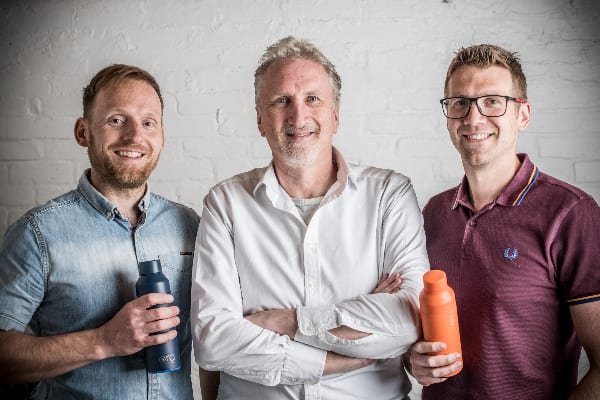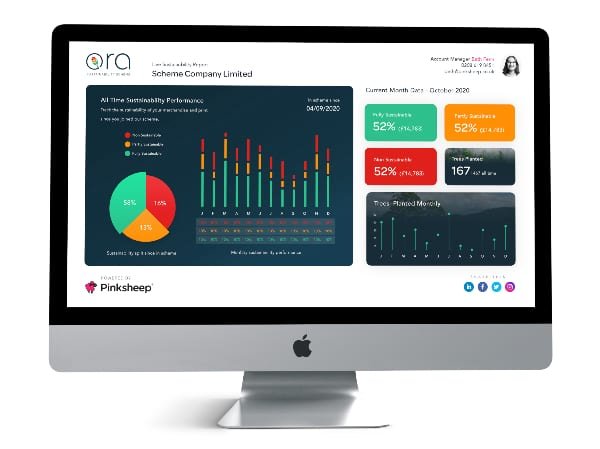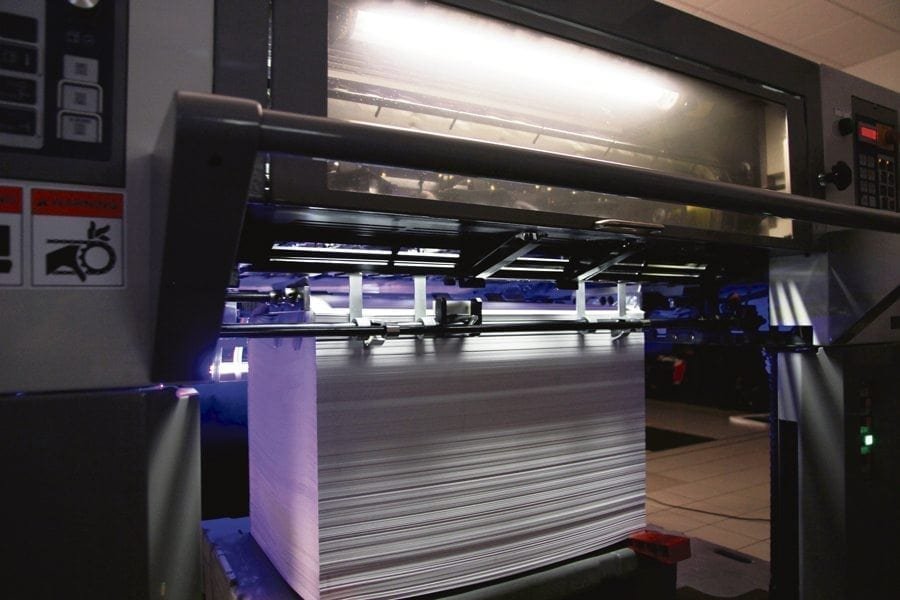Main image: Pinksheep’s Phil Law, Douglas Grays and Billy Gubby
This article first appeared in our Women: time for action issue of My Green Pod Magazine, distributed with The Guardian on 02 July 2021. Click here to subscribe to our digital edition and get each issue delivered straight to your inbox
An industry-leading sustainability scheme has been launched to help brands source at least 50% of their marketing products sustainably by 2025, and support reforestation efforts as they go.
By cleaning up their branded merchandise – from clothes to tech devices – businesses can present a brand image that resonates more deeply with an increasingly eco-savvy customer base. Opting for sustainable products also helps businesses reduce their overall environmental footprint.
Sustainable merchandise
Until now, it has been challenging for businesses to source authentically sustainable merchandise without getting sucked in by greenwash.
‘It’s easy for companies to find branded merchandise that appears to be sustainable’, explains Pinksheep’s Phil Law. ‘Plastic pens wrapped in cork are considered sustainable in our industry, but we don’t agree.’
Colour-coded sustainability
In March Pinksheep launched Ora, a sustainability scheme that grades tens of thousands of products – from pens and notebooks to drinkware, bags and tools – according to a traffic-light system.
To earn a green light a product must be more than just recyclable or made in the UK.
Ora’s sustainability metrics consider country of origin, whether the manufacturer gives back to the environment, whether the factory runs on
renewables, whether the product is upcycled, recycled, biodegradable or made from more than 75% plant-based materials and many other factors.
Ora’s algorithm processes all the information and produces a clear grade that’s easy for the user to understand: red products are not sustainable, amber signifies partly sustainable and green merchandise is fully sustainable.
‘Originally it was just going to be ‘good’ or ‘bad’, Phil tells us, ‘but we soon realised we needed something that sat between the two. Colour coding by traffic lights was logical: it allows informed buying decisions at a glance.’
One of Pinksheep’s most popular items is the Ocean Bottle (main image), which funds the collection of 1,000 ocean-bound plastic bottles for every bottle sold. Pinksheep can brand Ocean Bottles with corporate logos for companies that are serious about sustainability and want their ethics to be reflected in their branding.
 Play Video about This Rock Might Just Save The World
Play Video about This Rock Might Just Save The World Play Video about Play 2 hours of rock
Play Video about Play 2 hours of rock Play Video about Play 2 hours of brook
Play Video about Play 2 hours of brook Play Video about Play 2 hours of sheep
Play Video about Play 2 hours of sheep














































